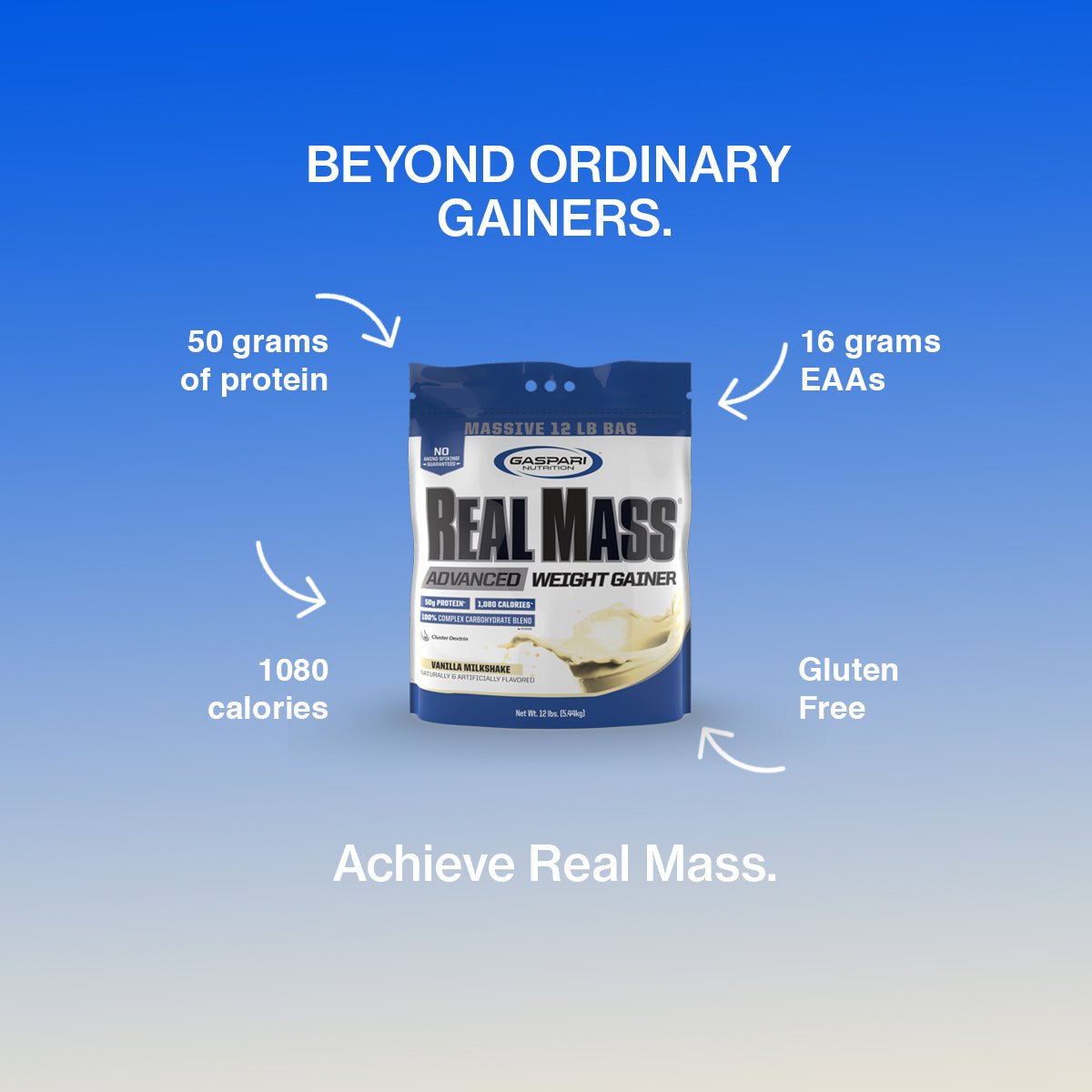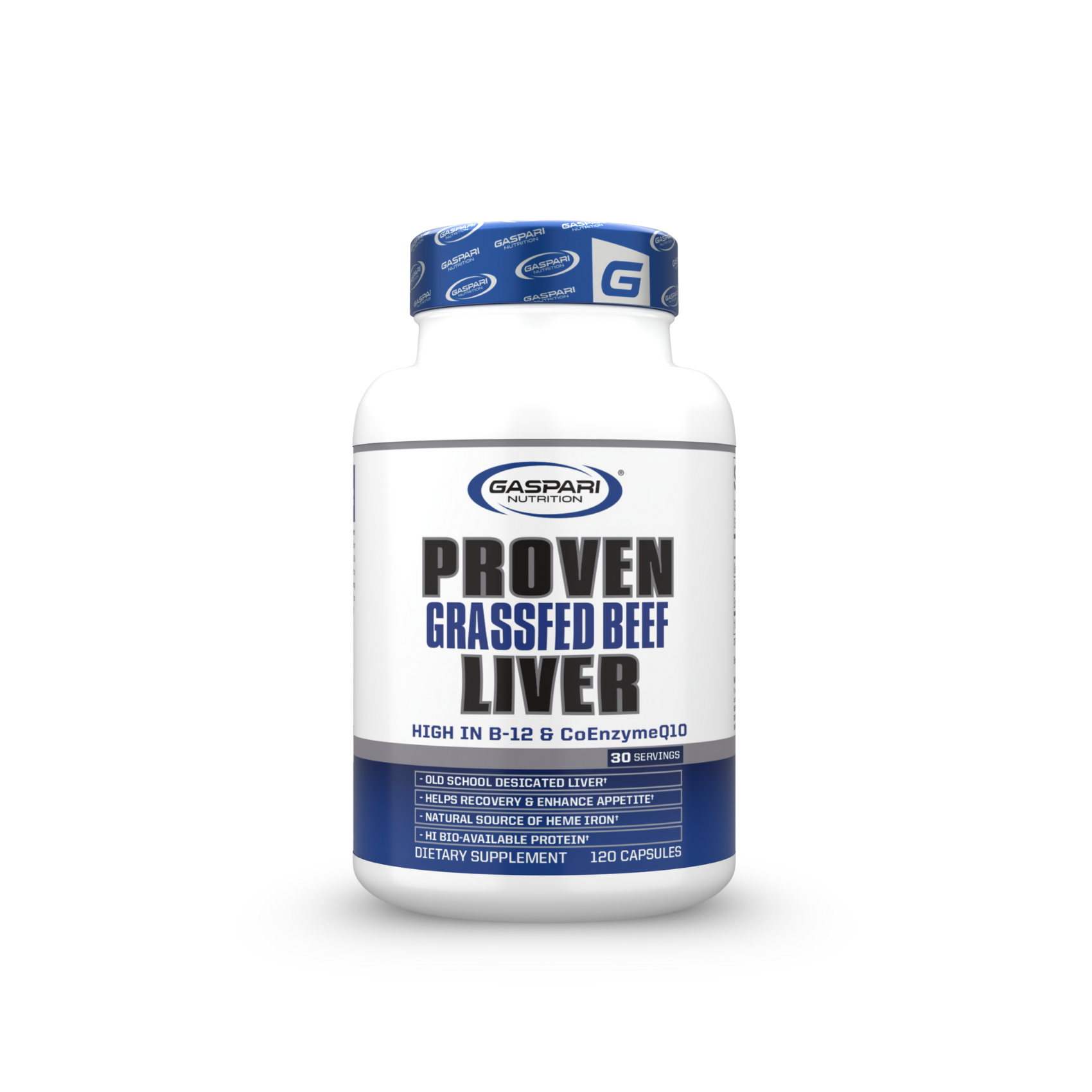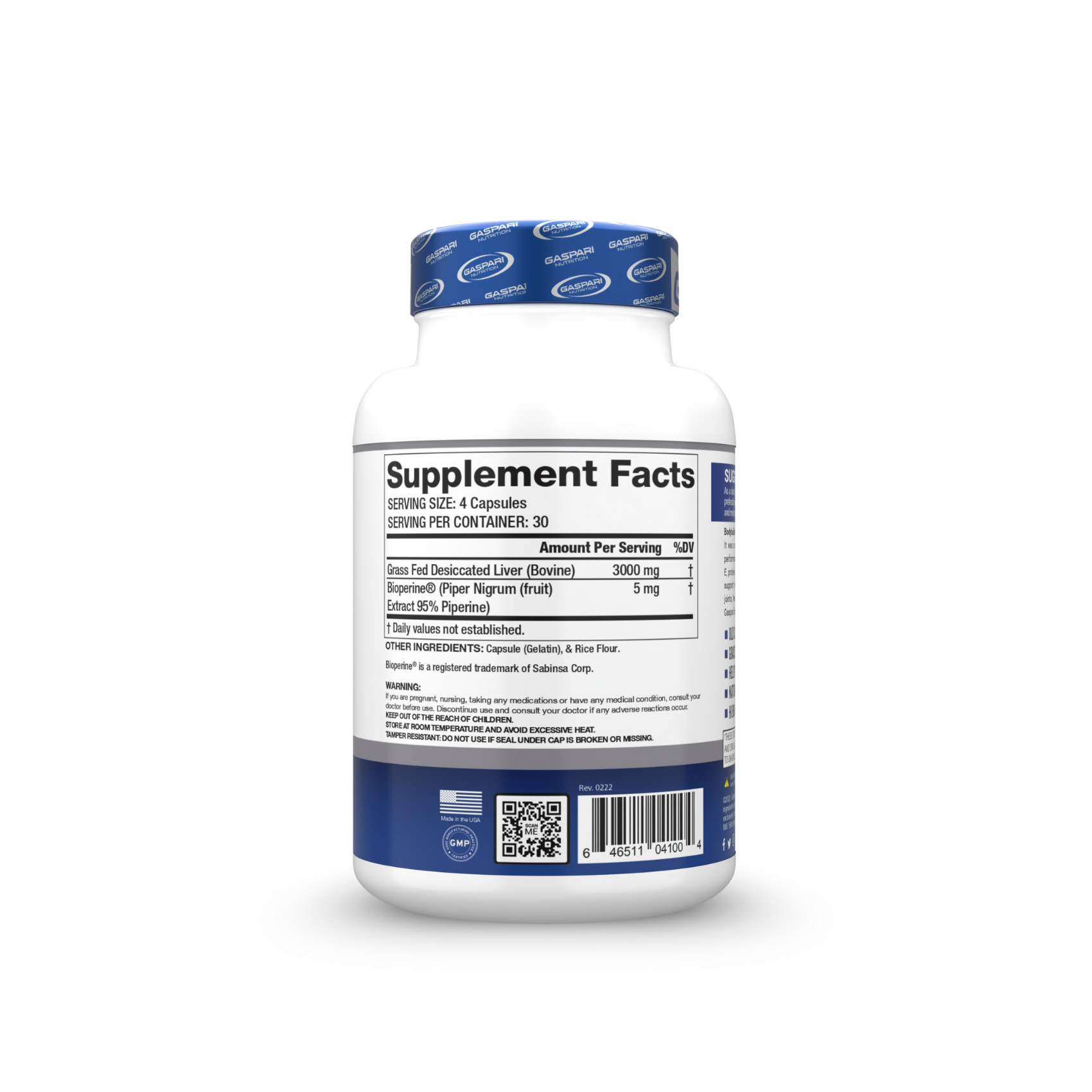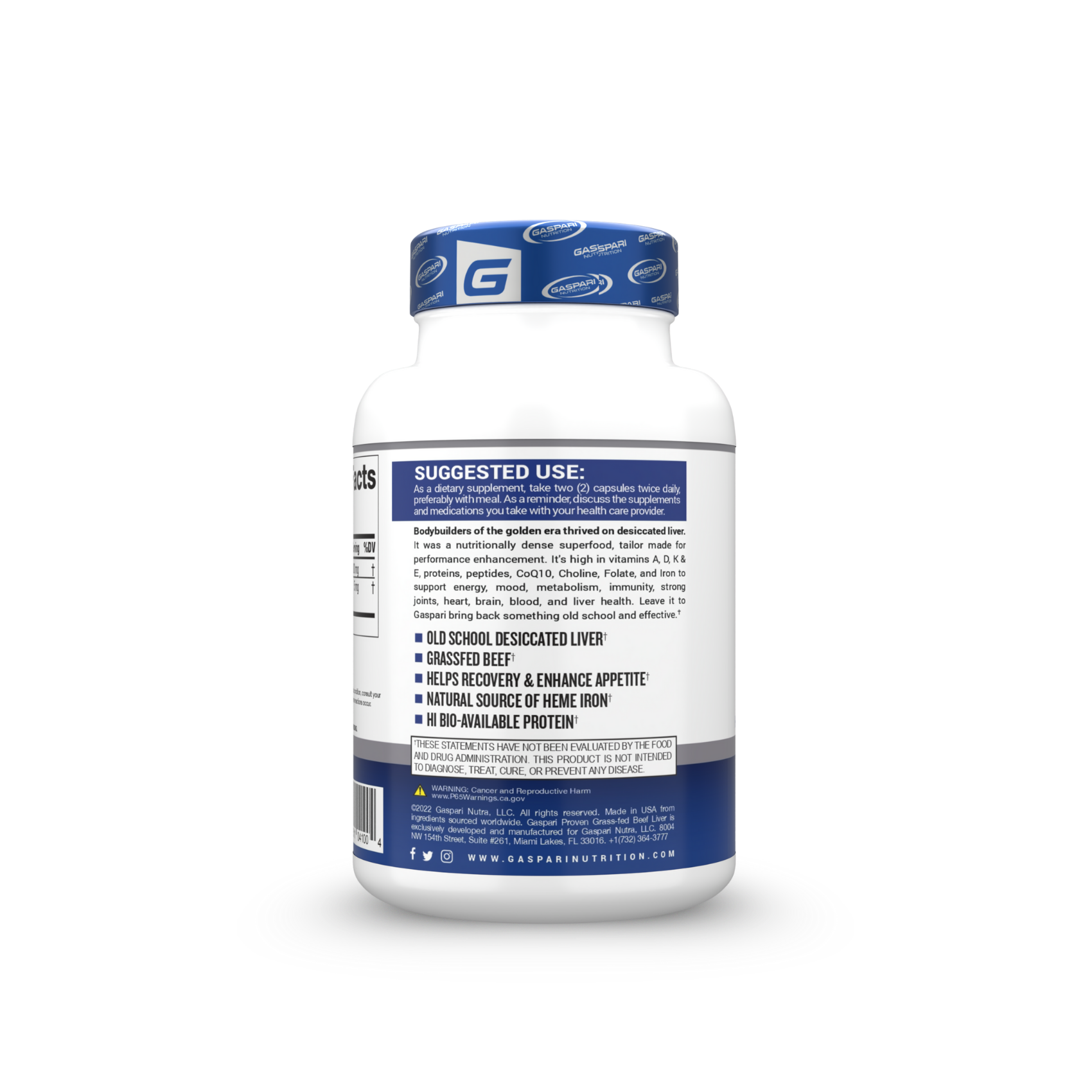In the realm of sports performance, athletes often strive for every advantage to enhance their physical capabilities. Vitamins, minerals, and various supplements have emerged as key components in an athlete's regimen, especially within the realm of bodybuilding, where meticulous attention to detail reigns supreme. While these supplements can indeed offer potential benefits, the necessity of their use, particularly when an athlete maintains a well-balanced and wholesome diet, remains a subject of debate. In this comprehensive blog, we'll explore the role of vitamins, minerals, and other compounds in athletes' performance enhancement, examining their potential benefits, necessity, and potential risks associated with over-supplementation.
Importance of Vitamins, Minerals, and Supplements
For serious athletes, achieving peak performance often involves meticulous attention to nutrition. Vitamins and minerals play crucial roles in energy metabolism, muscle function, recovery, and overall health. Despite obtaining these nutrients through a healthy diet, athletes may opt for supplementation for various reasons:
- Optimizing Performance: Some athletes seek to fine-tune their nutritional intake, aiming to meet specific nutrient needs that may be higher due to increased physical activity.
- Convenience and Efficiency: Supplements provide a convenient way to ensure consistent and precise intake of certain nutrients without relying solely on food sources.
- Recovery and Immune Support: Certain vitamins and minerals aid in post-exercise recovery and support the immune system, potentially reducing the risk of illness or injury.
The Role of Vitamins and Minerals in Performance Enhancement
While a well-balanced diet generally provides sufficient vitamins and minerals, certain nutrients may be of particular interest to athletes for their potential performance-enhancing properties:
- Vitamin D: Supports bone health, muscle function, and immune function.
- B Vitamins: Essential for energy production and metabolism.
- Iron: Crucial for oxygen transport and energy production.
- Calcium: Important for bone health and muscle function.
- Magnesium: Involved in muscle contraction, relaxation, and energy production.
Other Performance-Enhancing Compounds
Beyond vitamins and minerals, athletes often explore other compounds that may offer performance benefits:
- Protein: Fundamental for muscle repair and growth.
- Creatine: Known to enhance strength and power output.
- Caffeine: Can improve endurance and focus.
- Beta-Alanine: May increase exercise capacity and reduce fatigue.
- Omega-3 Fatty Acids: Support anti-inflammatory effects and cardiovascular health.
Necessity vs. Proper Nutrition
While supplements can complement a diet, they're not a replacement for wholesome, nutrient-dense foods. Athletes consuming a well-rounded, clean diet may obtain sufficient vitamins and minerals without additional supplementation. However, individual nutrient requirements vary based on factors like training intensity, body composition, and genetic factors.
Potential Risks of Over-Supplementation
Over-supplementation can pose risks, including:
- Toxicity: Some vitamins and minerals, when consumed in excess, can lead to toxicity and adverse health effects.
- Imbalance: Excessive intake of specific nutrients may disrupt the body's natural balance and interactions between various vitamins and minerals.
- Financial Cost: Constant use of unnecessary supplements can strain the budget without added benefits.
In conclusion, vitamins, minerals, and certain supplements hold potential benefits for enhancing athletic performance. They can aid in meeting increased nutrient demands, supporting recovery, and optimizing performance. However, they're not a substitute for a well-balanced diet. Athletes should focus on obtaining nutrients primarily from whole foods and consider supplementation only when specific deficiencies or performance needs arise.
If an athlete were to choose only five supplements to enhance performance, focusing on protein, creatine, omega-3 fatty acids, vitamin D, and B vitamins could offer a balanced approach to support muscle growth, energy production, and overall health.
Careful consideration, moderation, and consultation with a healthcare professional or nutritionist can help athletes navigate the complex landscape of supplementation, ensuring they maximize benefits while minimizing potential risks associated with over-supplementation. Ultimately, the decision to use supplements should align with individual goals, dietary habits, and specific performance needs.























































































Share:
Nutritious Snack Recipes: 4 Delicious and Healthy Options
Front vs. Back Squat: Choosing the Right Technique for Your Fitness Goals